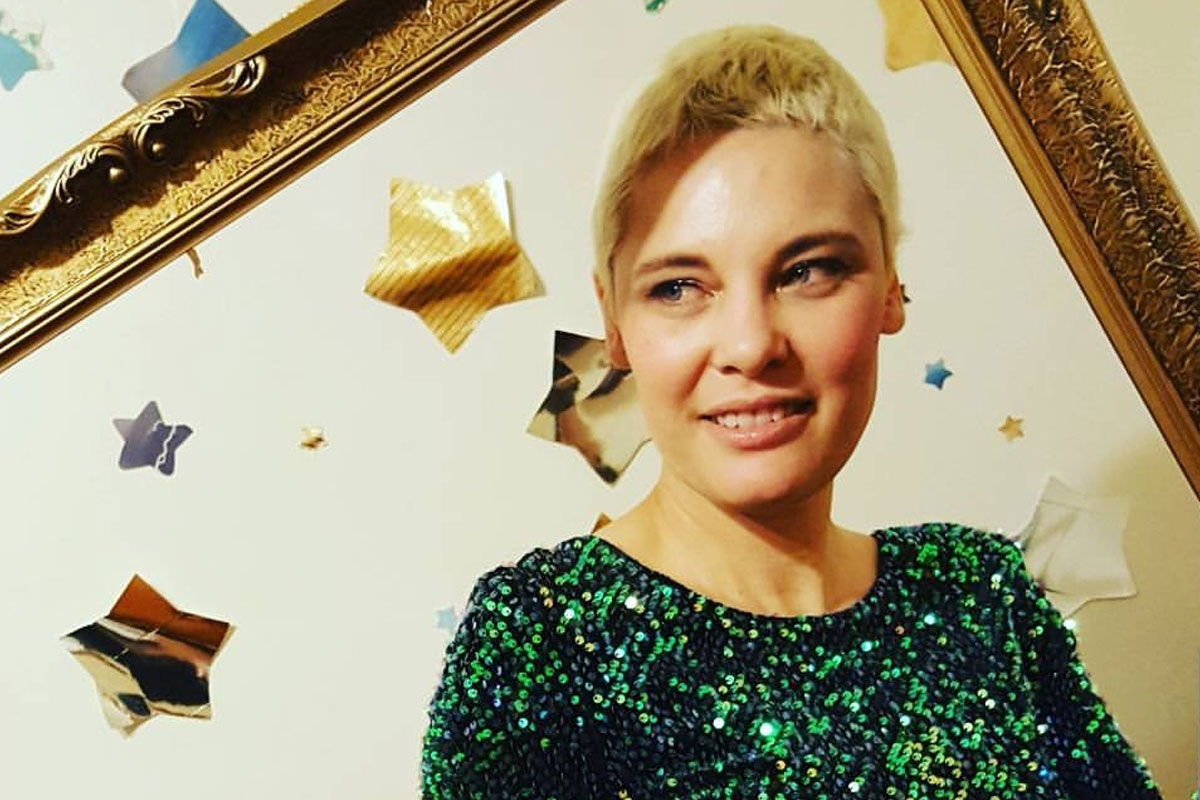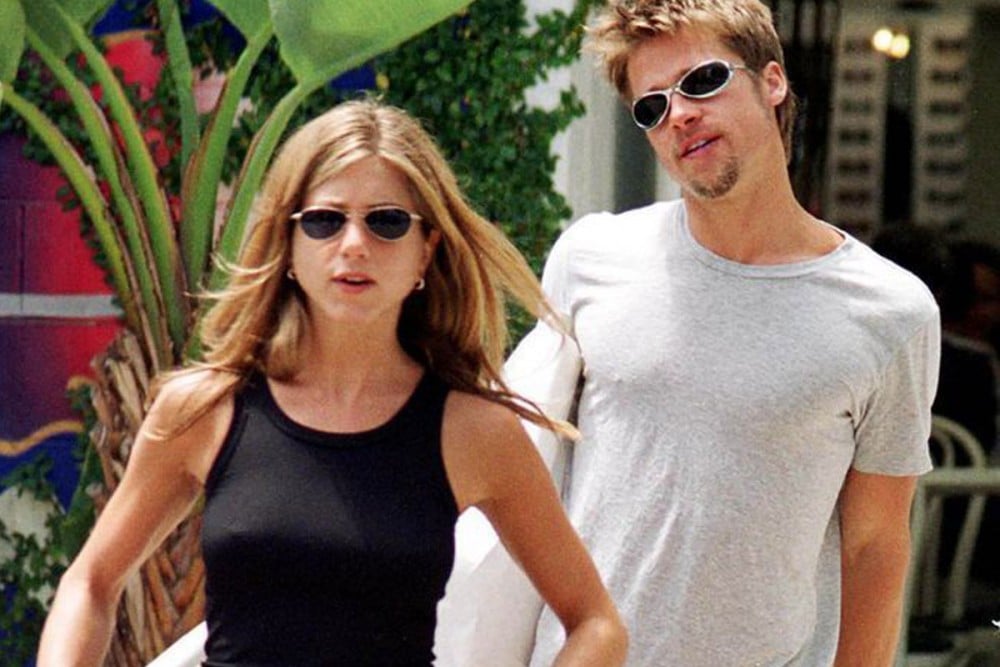
What exactly is Talk Peach?
Talk Peach is New Zealand’s leading gynaecological cancer charity, founded and run by me, Tash Crosby. I am an ovarian cancer survivor.
Our Vision is to inform New Zealanders on gynaecological disease and connect and support those who are diagnosed.
Our Mission:
● To provide education on gynaecological health
● To educate the community on the signs and symptoms of the 5 gynaecological cancers in order to reduce late diagnosis
● To provide information and support to all those diagnosed with gynaecological cancers
● To support those involved with life-saving research into gynaecological cancer treatment and cures.
● To advocate for better funding into education and awareness, research, clinical trials, access to medications, and better pathways to diagnostic testing.
Talk Peach works to empower people to take charge of their bodies, break down fears around acting upon gynaecological health issues and open up an urgently needed dialogue.
So what is gynaecological health?
Gynaecological health covers the health of the reproductive organs including cancer of the ovaries, vagina, vulva, cervix, uterus and fallopian tubes.
Why is it so important to be aware of our gynaecological health? Who should be aware of it?
Most of us have heard of cervical cancer, because of our national three yearly screening program, but as for the other four types (ovarian, uterine, vaginal and vulval) there is no screening available and until recently little information publicly on them.
What are the 5 gynaecological cancers to be aware of?
Ovarian
Vulval
Vaginal
Cervical
Uterine
How important is early diagnosis of these cancers?
Early diagnosis is imperative so that people have the best chance for successful treatment. When cancer care is delayed or there is a lower chance of survival, greater problems associated with treatment and higher costs of care. Acting early leads to early diagnosis and ultimately better survival outcomes.
Talk Peach is campaigning hard for more conversation and doing a really great job of it, why is talking so important?
Thank you we really appreciate that... it hasn't been an easy job!
It's heartbreaking to see that gynaecological cancers remain largely in the dark. A recent survey of people diagnosed with ovarian cancer found that 90% of them couldn't name a single symptom prior to their diagnosis.
Our community is getting diagnosed with cervical cancer, a largely preventable cancer type. Evidence shows that routine screening which can detect precancerous abnormalities can reduce the risk of developing cervical cancer by 90%.
One New Zealander dies every 24 hours from gynaecological cancer, and for years the silence and stigma around it has been vast. When I was diagnosed with ovarian cancer in 2017 my family had never heard of it, I had never even heard of it.
Because there is no regular screening tool for ovarian, vulval, vaginal or uterine cancer it's super important that people know the signs and symptoms and feel empowered to advocate for themselves when things feel ‘off’ for them.
We have loved that the conversation is opening up, that people are now starting to share their personal stories, these stories are invaluable, they allow others to connect quickly to the conversation; sharing knowledge within communities is what really drives change and better outcomes for all.
What are the signs and symptoms we need to be looking out for?
We often think of gynaecological health as just one big thing, but in fact, these 5 cancers are independent of each other and they all have their own individual signs and symptoms. Please check out our website for more information on the individual cancers their signs, symptoms and risk factors.
Some of the most common signs to look out for are:
● Abnormal bleeding: bleeding after sex/bleeding between periods/post-menopausal bleeding
● Abdominal pain or discomfort
● Changes in vaginal discharge
● Back pain
● Pain during sex
● Changes in bowel habits: diarrhoea/constipation
● Eating habits: Feeling full quickly
● Urgency/frequency to pee
● Changes to the appearance of the skin on the vagina/vulva
● Fatigue
● Persistent bloating
● Indigestion
The survival statistics for ovarian cancer have remained virtually unchanged for 30 years.
Do you think we have any equity issues in gynaecological health?
Absolutely!
The five-year survival rate for ovarian cancer in New Zealand is 37% and it has a 70% chance of recurrence post-treatment. The survival statistics for ovarian cancer have remained virtually unchanged for 30 years... This is literally a crisis point in terms of advancement in survival rates for cancers.
New Zealand is lagging behind both the USA and Australia in survival advancements. Unlike Australia, New Zealand doesn't have any national guidelines to diagnose ovarian cancer. That means the approach from doctors can vary significantly. One in five people receive a diagnosis within a month of seeing their doctor, so we know some doctors are doing an incredible job, but at the other end of the spectrum, we also know that one in four people take a year or longer to be diagnosed, and those delays often cost them their life.
Once diagnosed, our survival rates are 10% worse than Australians who have access to more funded treatments and clinical trials. The survival rates for ovarian cancer are less than half that of breast and prostate cancer.
Breast cancer used to have a similar outlook but now thanks to incredible advocacy, large scale fundraising and an immense amount of research the breast cancer 10-year survival rate is 75% if a lump is the first sign or 92% if detected via a regular mammogram. We don't understand how this important area of health has been ignored for so long. The current situation is unconscionable. We urge the public and government to take urgent action to reduce unnecessary deaths.
We can't do it alone. We strongly believe it takes a community to make change.
At-home tests for cervical cancer are due to be widely available in 2023, is this going to be a game-changer?
It will be a major game-changer!
Cervical cancer is caused by the HPV virus and the at-home self-test picks up the strains most likely to cause it.
While the current cytology screening pathway is clinically safe and has been a very effective tool for reducing cervical cancer, testing for HPV has been shown to be even more effective and acceptable by the public.
The new cervical screening test will detect HPV – the cause of 99% of cervical cancers –and will replace the existing cervical screening procedure for the 1.4 million eligible New Zealanders aged 25-69 years.
The new screening method will include the option of self-testing, removing a major barrier to participation. People will be able to take their own vaginal swab in private (when they visit their healthcare provider) rather than having a speculum examination done by a nurse or doctor.
The move to self-swabs also presents an opportunity for cervical screening to be delivered in conjunction with other healthcare visits and will provide more flexibility for healthcare providers to take a community delivery approach.
The Ministry of Health will also be looking at options to further improve access to cervical screening, which may include mail-outs of self-testing kits.
It is predicted that around 400 additional cases of cervical cancer will be avoided over the next 20 years with the change to the screening test, and deaths will also be reduced. There will be a greater relative reduction for Māori and Pacific women, who currently experience higher rates of cervical cancer.
You have survived ovarian cancer, what advice would help someone with this diagnosis?
If you, a member of your whānau, or someone close to you has been diagnosed with ovarian cancer, you are probably in shock and experiencing a wide range of emotions. At Talk Peach, we know first-hand the devastation and loneliness of an ovarian cancer diagnosis, and that is why we are here to help.
Ovarian cancer can be a difficult journey, it is imperative that you have all the information and support that you may need at your fingertips - that is why we are soon to distribute Aotearoa's first Ovarian Cancer support guide.
We hope that it will assist you in processing the news of your diagnosis, support you through the challenges ahead and empower you to ask questions, build support, and advocate for your health.
Not all of the information in the guide will apply to everyone, but it should give you and your close ones the answers to many of your questions, as well as help you form questions you may not have thought to ask.
To all those battling and scaling mountains, we are with you.
Connecting with others diagnosed - this was key in my recovery and battle through treatment.
Our guide will be downloadable via our website www.talkpeach.org.nz by the end of September this year. It will then be printed and distributed to district health board oncology wards nationwide.
Talk Peach has joined forces with Hello Cup which seems like a match made in heaven. How did the two of you hook up?
We met up about a year ago in person and have supported each other since the get-go of Talk Peach.
We’re humbled and so grateful to be partnering with The Hello Cup to launch a limited edition ‘Hello Peach’ menstrual cup. 10% of sales from each Hello Peach sold will be donated to Talk Peach and will make a massive impact.
We’re also working with Hello on a social campaign to drive awareness. People can get involved by sharing a selfie on Instagram, high-fiving the camera and calling out one of the five gynaecological cancers: Cervical, Ovarian, Uterine, Vaginal, and Vulval. Tag @talk_peach and @thehellocup and use our hashtag #TALKEDUCATESAVELIVES. We’ve already had amazing pick up on social, and would love many people to get involved!
How do we go about getting involved?
We encourage anyone who hasn't yet donated to gynaecological cancer to donate visit our website today. We have a goal of 50K, we think this is such a small goal for such a hugely underfunded area in health.
Funds raised go to continuing our reach, educating the public, running workshops, printing of our support guide, and funding physiotherapy and meals for those diagnosed nationwide.
We’re all about sharing, what’s on your shower shelf?
My hair has changed so much over the years - from straight to bald from chemo then into the craziest of chemo curls, I was curly for 3 years and now they have dropped out. It happened almost overnight - the body is a weird and wonderful thing!
When I went curly I changed my hair game to all-natural - and my curls loved it, parabens, sulphates and curls are not friends.
I've always loved Oribe and Angel en Provence, whenever I switch out I regret it.



